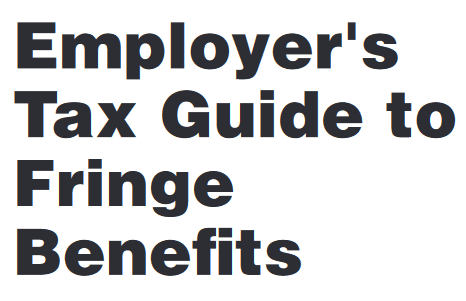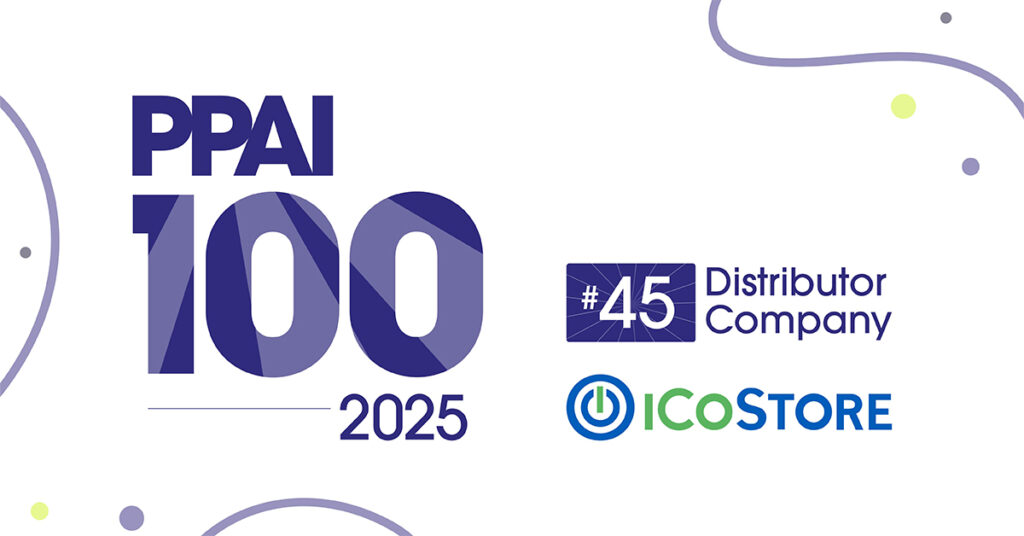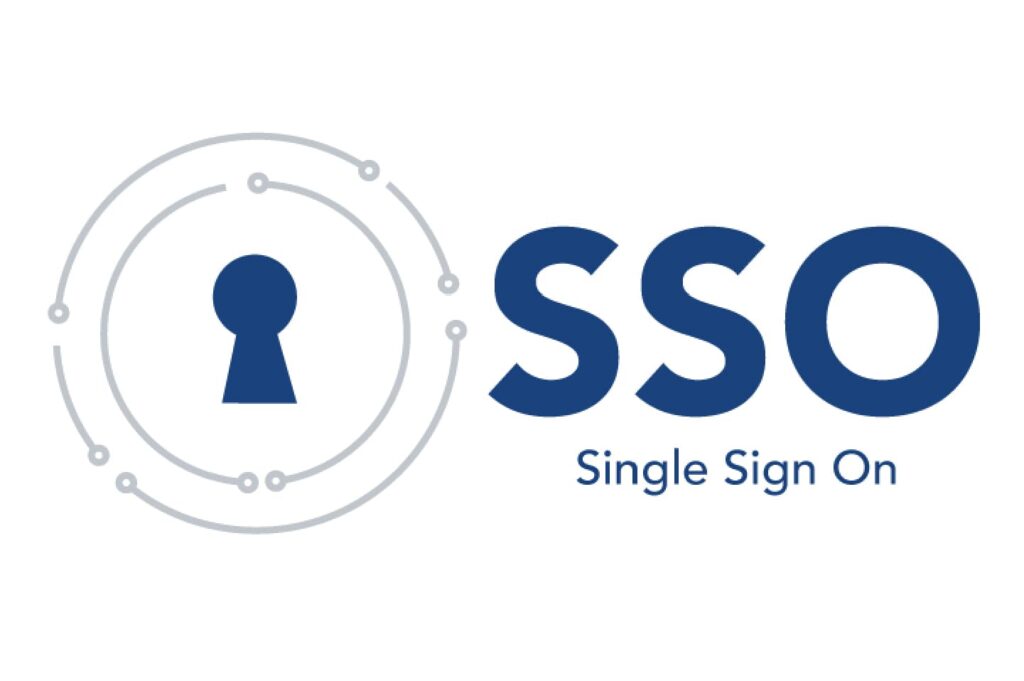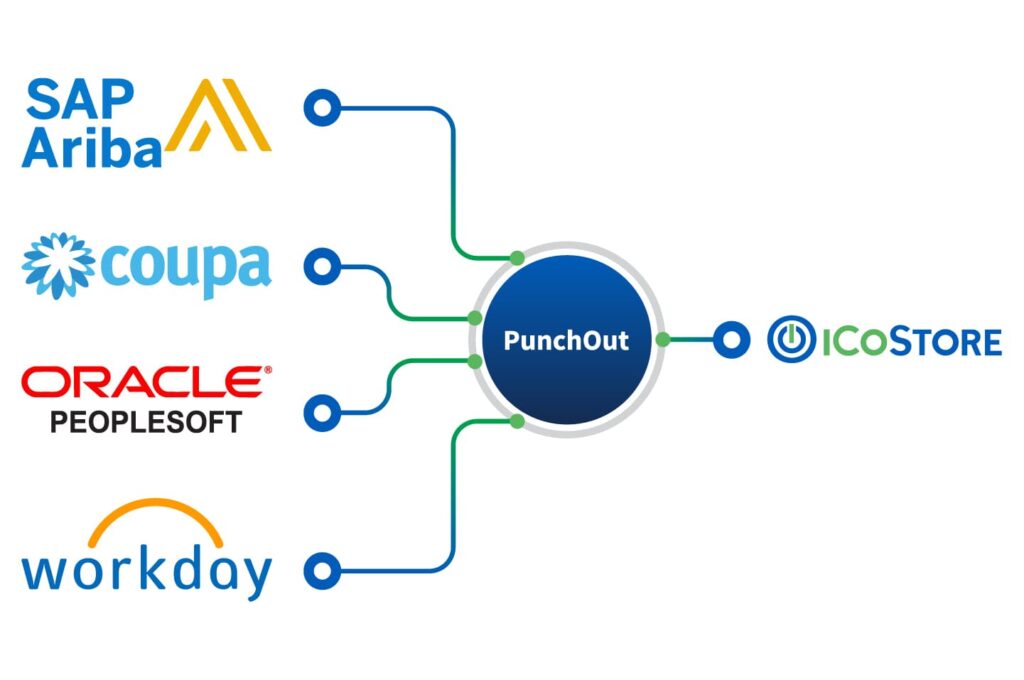The tax question “Is Company Swag Taxable to Employees?” is a common question from many of our clients when they giveaway swag, allocate points to employees or issue gift certificates to employees through their online company store. The IRS considers Swag “Fringe Benefits” in their statutes and fringe benefits are taxable, however, there are multiple exceptions including Swag and Corporate apparel. You can find all of the details in the IRS’s 15-B, Employer’s Guide to Fringe Benefits 2024. We have the excerpt below that pertains to Achievement Awards and Swag. Read the full document on the IRS website.
As with many IRS regulations, interpretations can vary, however, most of our clients conclude that gifting logo apparel and swag to employees is not considered income, so employees don’t need to claim it. Conversely, giving cash or cash equivalents is considered income.
The IRS has made provisions for Online Company Stores and Years of Service Stores, allowing companies to gift employees a selection of products without it being taxable income. There are exceptions to the Fringe Benefits regulations and employee swag is one of them. While retail gift certificates for Amazon are taxable, points or gift certificates to your online company store are not. According to the IRS: “The exclusion doesn’t apply to awards of cash, cash equivalents, gift cards, gift coupons, or gift certificates (other than arrangements granting only the right to select and receive tangible personal property from a limited assortment of items preselected or preapproved by you).”
This is not tax advice. Please consult your tax attorney to interpret this for your company.
Below is a summary of the “Achievement Awards” section of the law – 2024.
Requirements for Achievement Awards:
- Given for length of service or safety achievement.
- Presented meaningfully.
- Conditions must avoid the appearance of disguised pay.
Who Qualifies as an Employee:
- Current employees.
- Former common-law employees with ongoing coverage agreements.
- Leased employees with at least one year of full-time service under primary direction or control.
Exclusion from Wages:
- Awards’ value can be excluded from wages if within the deductible business expense limit.
- The annual deductible amount is $1,600 ($400 for non-qualified plan awards).
Deduction Limits:
- $400 for non-qualified plan awards.
- $1,600 for all awards (qualified or not).
Qualified Plan Awards:
- Must be part of a written plan not favoring highly compensated employees.
- Highly compensated employees are defined as 5% owners or those earning over $150,000 in the preceding year (with a possible exception for top 20% earners).
Cost Limits for Qualified Plan Awards:
- The average cost of all such awards must not exceed $400, ignoring nominal value awards.
Deduction and Wage Inclusion:
- Deduct up to the allowable amounts as nonwage.
- If award costs exceed allowable deductions, include the excess in employee wages.
Here is the full excerpt titled “Achievement Awards” from IRS’s 15-B, Employer’s Guide to Fringe Benefits 2024. You can find the entire document on the IRS’s website.
Achievement Awards (from IRS’s 15-B, Employer’s Guide to Fringe Benefits 2024)
This exclusion applies to the value of any tangible personal property you give to an employee as an award for either length of service or safety achievement. The exclusion doesn’t apply to awards of cash, cash equivalents, gift cards, gift coupons, or gift certificates (other than arrangements granting only the right to select and receive tangible personal property from a limited assortment of items preselected or preapproved by you). The exclusion also doesn’t apply to vacations, meals, lodging, tickets to theater or sporting events, stocks, bonds, other securities, and other similar items. An achievement award must meet all the following requirements.
- It is given to an employee for length of service or safety achievement.
- It is awarded as part of a meaningful presentation.
- It is awarded under conditions and circumstances that don’t create a significant likelihood of disguised pay.
Employee.
For this exclusion, treat the following individuals as employees.
- A current employee.
- A former common-law employee you maintain coverage for in consideration of or based on an agreement relating to prior service as an employee.
- A leased employee who has provided services to you on a substantially full-time basis for at least a year if the services are performed under your primary direction or control.
Exclusion from wages.
You can generally exclude the value of achievement awards you give to an employee from the employee’s wages if their cost isn’t more than the amount you can deduct as a business expense for the year. The excludable annual amount is $1,600 ($400 for awards that aren’t “qualified plan awards”).
Deduction limit.
Your deduction for the cost of employee achievement awards given to any one employee during the tax year is limited to the following.
- $400 for awards that aren’t qualified plan awards.
- $1,600 for all awards, whether or not qualified plan awards.
A qualified plan award is an achievement award given as part of an established written plan or program that doesn’t favor highly compensated employees as to eligibility or benefits.
A highly compensated employee is an employee who meets either of the following tests.
- The employee was a 5% owner at any time during the year or the preceding year.
- The employee received more than $150,000 in pay for the preceding year.
You can choose to ignore test (2) if the employee wasn’t also in the top 20% of employees when ranked by pay for the preceding year.
An award isn’t a qualified plan award if the average cost of all the employee achievement awards given during the tax year (that would be qualified plan awards except for this limit) is more than $400. To figure this average cost, ignore awards of nominal value.
Deduct achievement awards, up to the maximum amounts listed earlier, as a non-wage
Include in the employee’s wages the larger of the following amounts. First, if the cost of awards given to an employee is more than your allowable deduction.
- The part of the cost that is more than your allowable deduction (up to the value of the awards).
- The amount by which the value of the awards exceeds your allowable deduction.
Exclude the remaining value of the awards from the employee’s wages.





